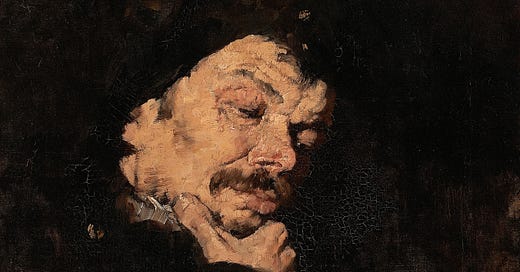This week, I’ve been re-reading Better Never to Have Been, a book by the South African Philosopher, David Benatar. The book begins with the following absolutely unequivocal passage (useful to imagine in Werner Herzog’s voice1):
Each one of us was harmed by being brought into existe…
Keep reading with a 7-day free trial
Subscribe to Wisdom of Crowds to keep reading this post and get 7 days of free access to the full post archives.





